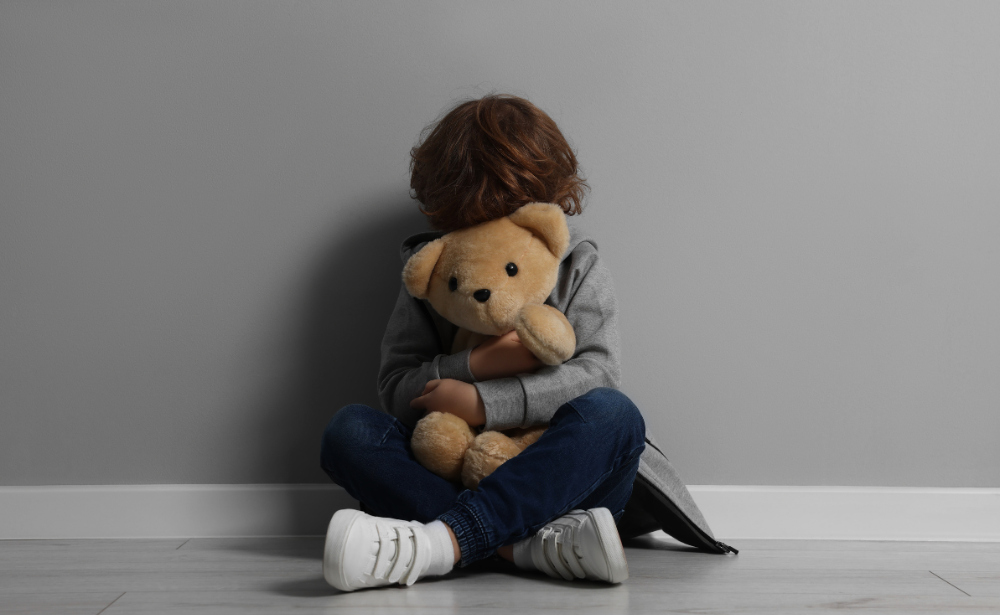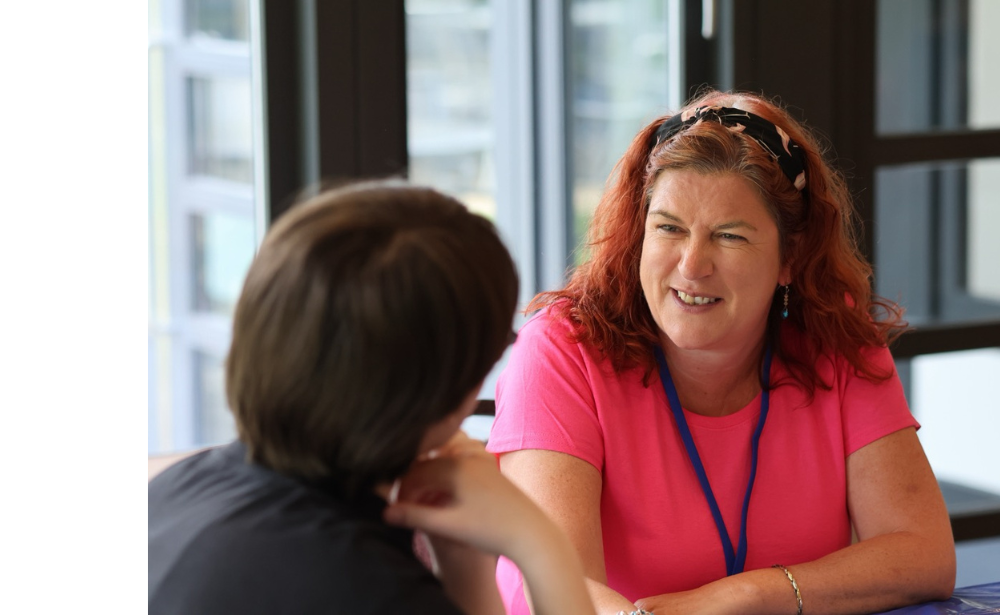Trauma refers to the way that some distressing events, being extreme or intense, overwhelm a person’s ability to cope, resulting in lasting negative impact (UK Trauma Council).
Complex trauma is exposure to varied and multiple traumatic events, often of an invasive, interpersonal nature.
Even though it is not an official diagnosis yet, when complex trauma occurs through childhood, with early onset, is chronic, prolonged and impacts on development, it is referred to as Developmental Trauma, with a potential future diagnosis of Developmental Trauma Disorder (Bessel Van der Kolk – 2005).
Beacon House classifies these traumatic events as
- Acts of Omission, for example physical or emotional neglect
- Acts of Commission, for example abuse, domestic violence, bullying, parental conflict, bereavement etc.
The ACEs study notes a stark relationship between ten traumatic events in childhood and negative later life outcomes
- Experiencing physical, emotional or sexual abuse
- Physical or emotional neglect
- Witnessing violence in the home or community
- Parental substance use problems
- Parental mental health problems
- Instability due to parental separation or loss of a parent
- Instability due to household members being in jail or prison
Research shows that experiencing or witnessing traumatic events before birth and in early childhood can have a negative and long term impact on the physiology and architecture of a child’s brain and their cognitive, emotional and social development.
Research also shows that in the absence of protecting factors, these children can experience toxic stress and are at an increased risk of poor physical and mental health, and anti-social behaviours in later life. They may or may not explicitly remember the events, but the body and brain retains them as sensory memories.
Traumatised children develop a range of unhealthy coping strategies when they don’t feel safe. They also miss out on acquiring essential skills like learning to regulate emotions, make and keep friends, impulse control etc. Instead they live in a state of fight/flight/freeze under stressful situations, which can continue to be their innate response long after the threat has been removed. The challenging behaviours and mental health symptoms we see are a survival response.
The National Child Traumatic Stress Network (NCTSN) Workgroup on Complex Trauma identify 7 domains of impairment in children exposed to complex/developmental trauma:
- Attachment
- Biology/sensory development
- Emotional regulation
- Behavioural regulation
- Dissociation
- Cognitive processes
- Self-concept and identity
The good news is that Development Trauma can be repaired.
 "Early childhood trauma changes the biology of the brain - Early childhood support also changes the biology of the brain"
"Early childhood trauma changes the biology of the brain - Early childhood support also changes the biology of the brain"
Relational safety and stability is the first phase of recovery. The presence of attuned and predictable relationships can be a buffer against the impact of development trauma. Every adult that comes in the child’s life has a role to play in the healing process. And
 "Every interaction is an intervention"
"Every interaction is an intervention"
A combination of therapeutic parenting and caregiving, sensitive and non-punitive school environments and professional evidence-based interventions can help children with heal from the impact of their early life experiences and lead fulfilling and successful lives.
Sign up for news and updates
Subscribe to our newsletter for regular updates.


